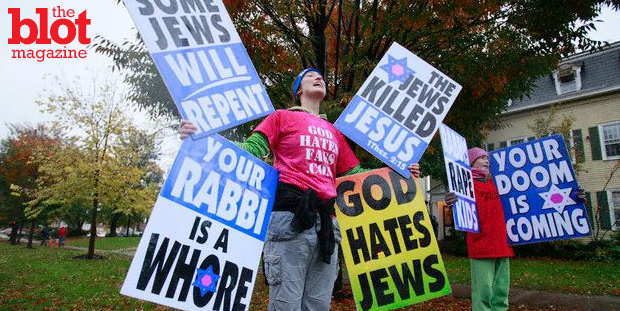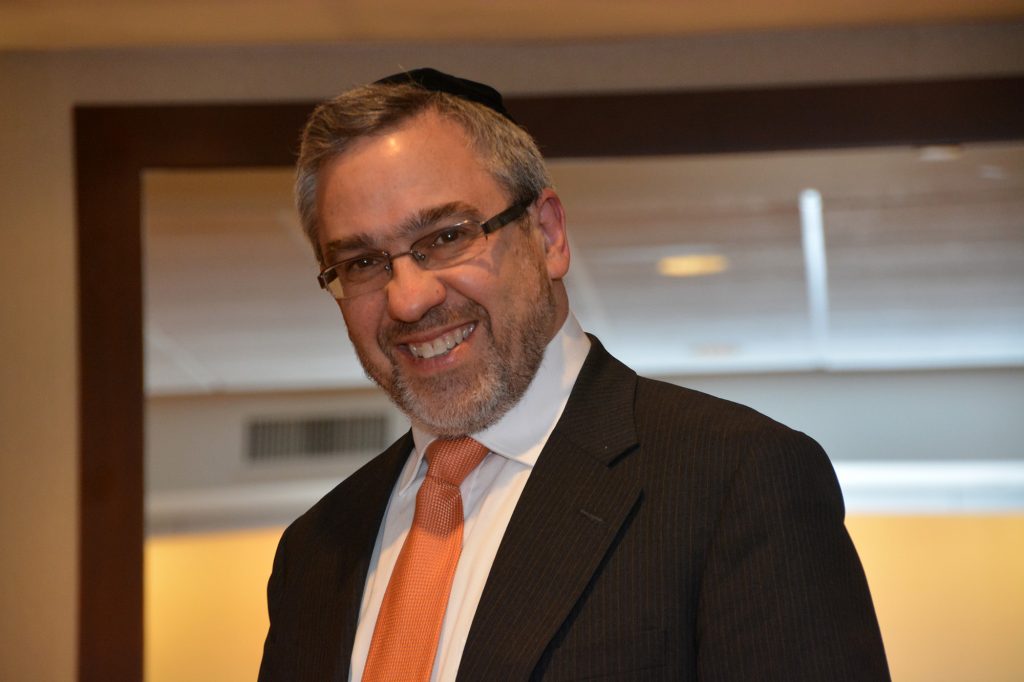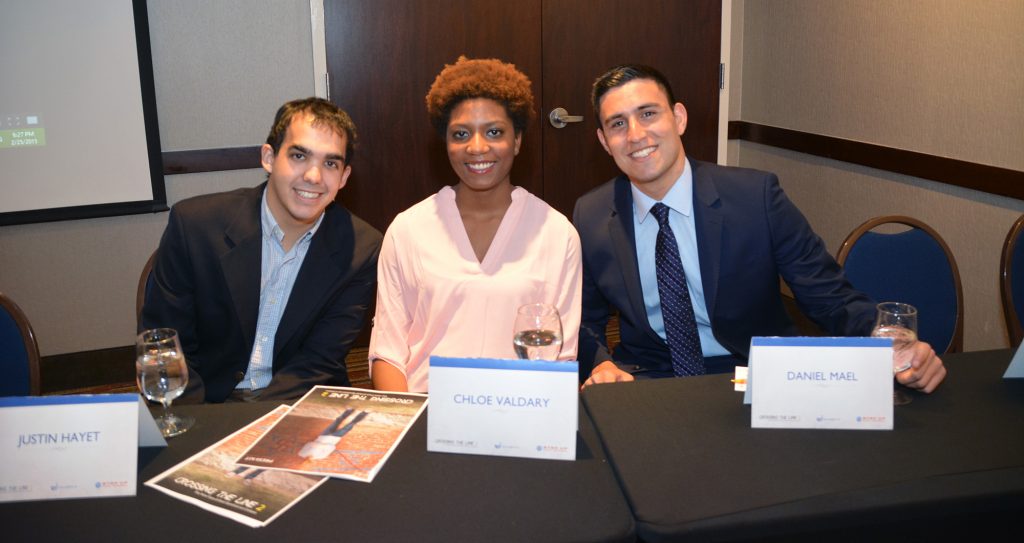“Crossing the Line 2: The New Face of Anti-Semitism on Campus” is a 30-minute film that has been made available for free (see link below). The filmmaker, Rabbi Raphael Shore, is also the founder and CEO of Jerusalem U. Despite its name, Jerusalem U is not an actual university. Its mission, as listed on its website, is a commitment “to strengthening the emotional and intellectual connection of young Jews to Judaism and Israel.”
In an exclusive interview with Rabbi Shore, he told me, “I want young Jews to feel proud of being Jewish and for them to be emotionally connected to the Land of Israel.”
Dorri Olds: Is Jerusalem U a school or a forum to promote advocacy for Israel?
Rabbi Raphael Shore: The definition of educational is to present reasonable facts and information and allow people to make up their mind about the information. We certainly don’t claim to be an organization promoting a Palestinian cause in our materials, but we present a balanced view. When people look at our materials, they understand the different perspectives, and they can make up their mind.
Does Jerusalem U offer an unbiased view?
There’s no such thing as unbiased.
Are there Palestinian voices within the courses’ readings?
Yes. We don’t feel we have to have 50 percent of Palestinian voices just as the Palestinians don’t present 50 percent of Israeli voices. But we’re trying to educate primarily Jews so that they can have a positive relationship with Israel and the Jewish people.
A WORTHY AIM
That is a worthy aim, and I’m all for that, but I am also wary of oversimplifying the complex issues that Israel faces. Like many people, I am so sick of the warring mentality in the Middle East and often feel hopeless that all of the senseless killing will never stop.
“Crossing the Line 2” shows very disturbing and shocking events, yet it felt manipulative. I wanted to see the entire picture, meaning I wanted to hear from Palestinian students, too. What kind of hate rhetoric are they experiencing?
There has to be a way, somehow, some day, for the two sides to communicate and come up with solutions for living in peace. The title of the film refers to anti-Israel sentiments that “cross the line” into anti-Semitism.
WHAT THE STUDENT ACTIVISTS HAD TO SAY
I interviewed three of the student activists that appear in the film:
- Justin Hayet, Binghamton University
- Chloe Valdary, University of New Orleans
- Daniel Mael, Brandeis University
They all came across as well-informed, highly intelligent and open to discussing the issues.
Dorri Olds: This film seems like a call to action. Where do you draw the line between education and advocacy?
Justin Hayet: The goal isn’t for everyone to become an activist. I don’t think we should shut people out if they don’t want to write articles or hold events. But I do think this film is a call to action to all students — whether you’re Jewish or not — to stand up for what’s right and stand up for the State of Israel. We live in a globalized world. I think this film will send a lightning bolt to people throughout the United States and make people wake up.
Many people, like myself, get frustrated because we’re not getting a balanced story about the Middle East from the media. Do you feel you have received a balanced education that included far-right pro-Israel viewpoints but also attempts at understanding Palestinians?
Chloe Valdary: It depends on the university. Mine doesn’t have a strong program about the Middle East, but I took a course a few years ago, and it was very balanced. It didn’t talk about the conflict in an academic way. It told the story from 1920 onward; the Arab perspective, the Jewish perspective and the history of what actually happened with no perspective.
I’ve taken other classes where the conflict came up and the professor had a perspective that I disagreed with, but at the University of New Orleans, I could challenge that professor, and my grade was not in jeopardy. That’s something I can say is very good about my school.
Daniel Mael: I think Chloe is right in that it depends on the university and campus. I think we need more students to be educated on all perspectives. That doesn’t mean you have to agree, but I think advisors in society need to know what they are talking about.
For example, understanding Hammas’ viewpoint is imperative for anyone trying to educate and be a positive voice in the conversation. Students should be learning all sorts of variations on the Zionist narrative — whether it’s Jabotinsky or Ben-Gurion.
I’ve taken Middle Eastern courses at Brandeis and had a wide range of experiences and have served as a student journalist, so I’ve covered other campuses and seen people who have had really horrid experiences with professors. I’ve also heard from people who have had really insightful and honest experiences. Now I’m close to graduating and hopeful that more students will take an interest, and the negative happenings on campuses will change. Hopefully education can be the positive that will keep moving us all forward.
Watch the film:
Dorri Olds is a contributing journalist for TheBlot Magazine.








